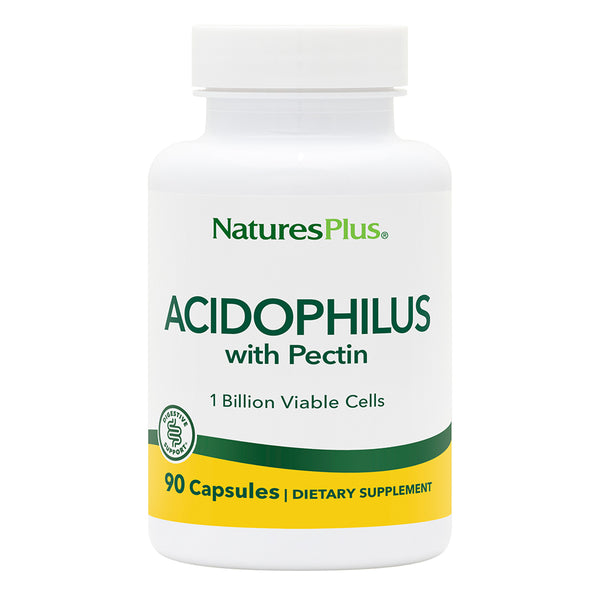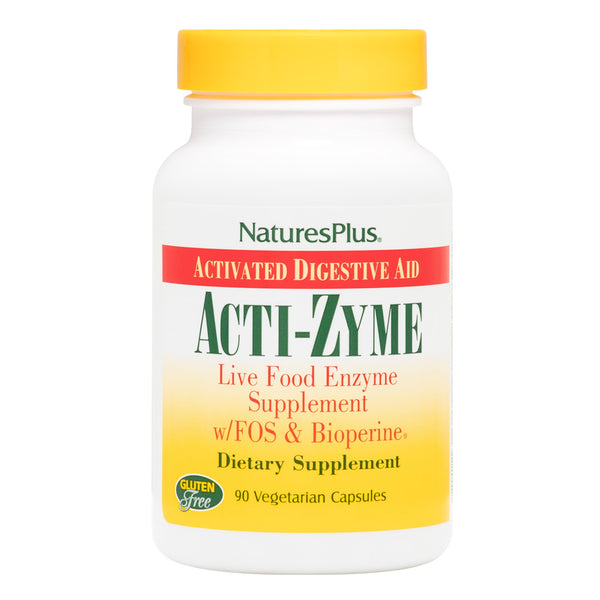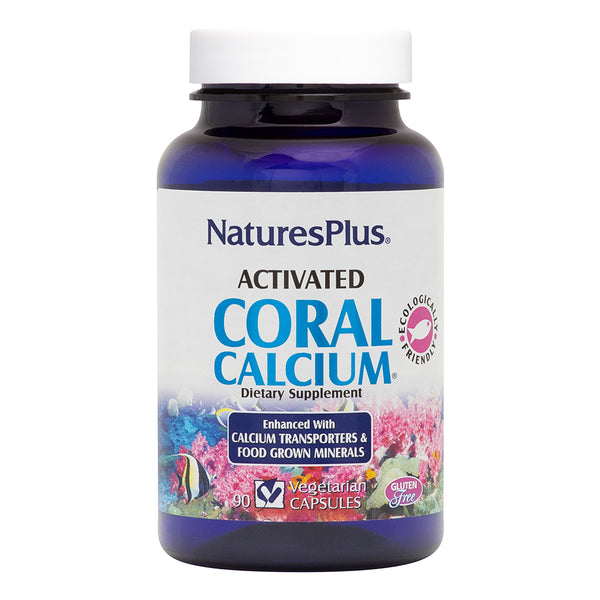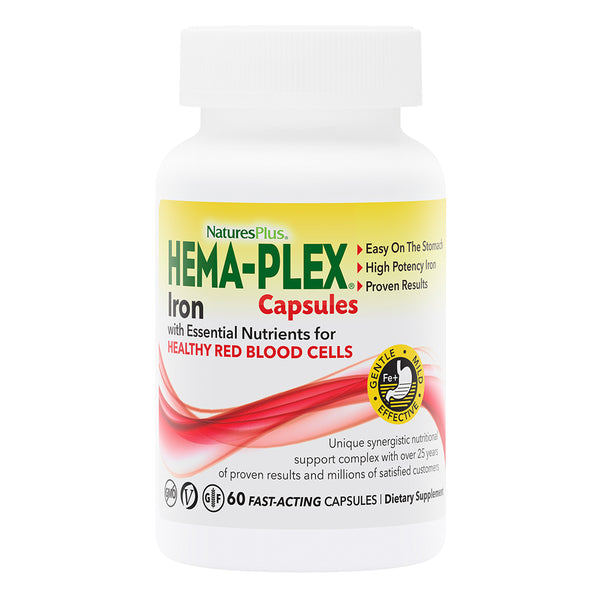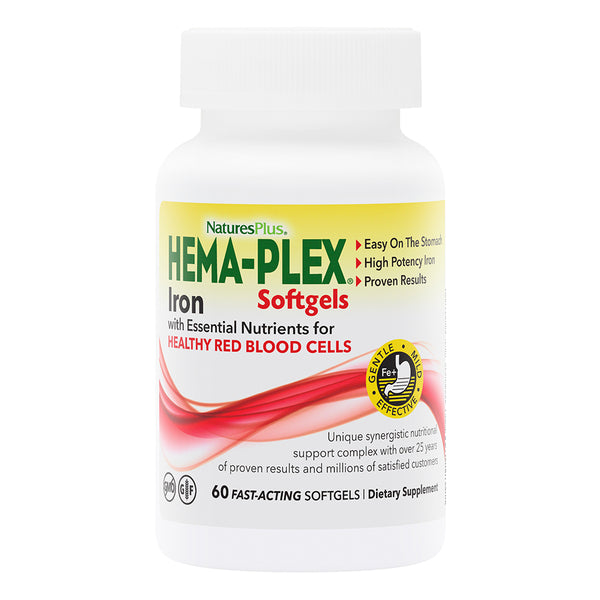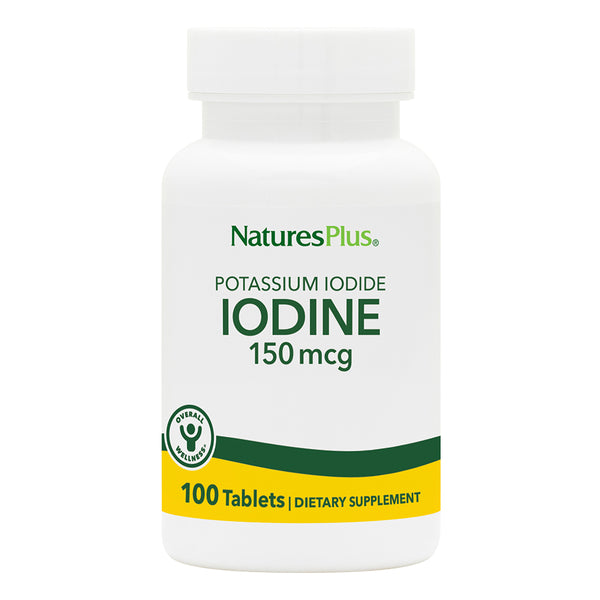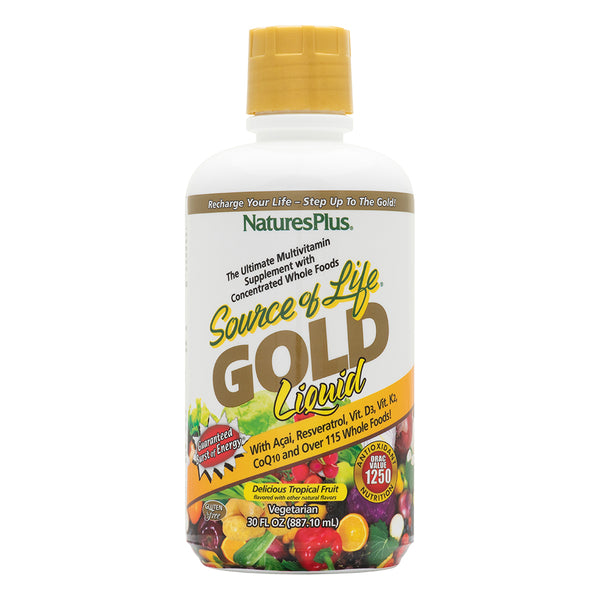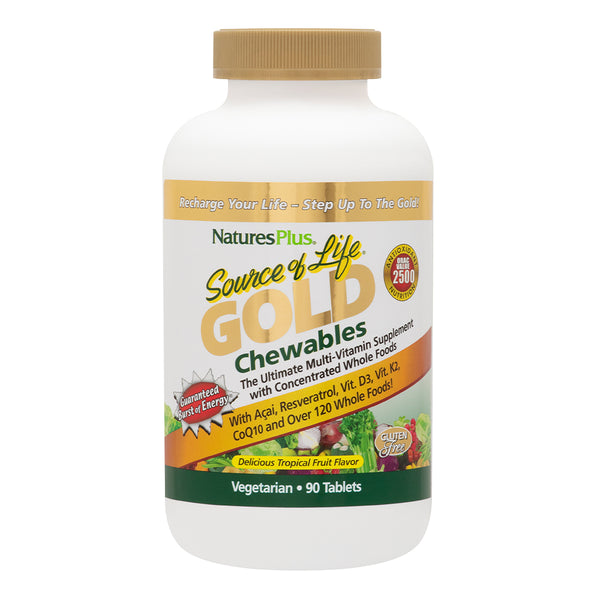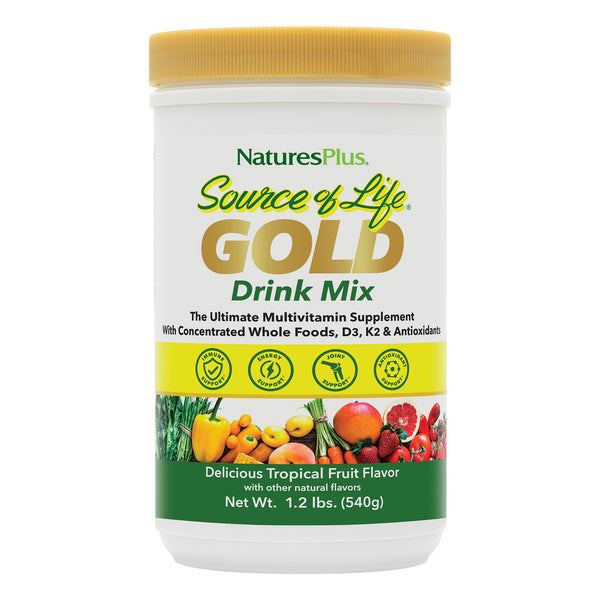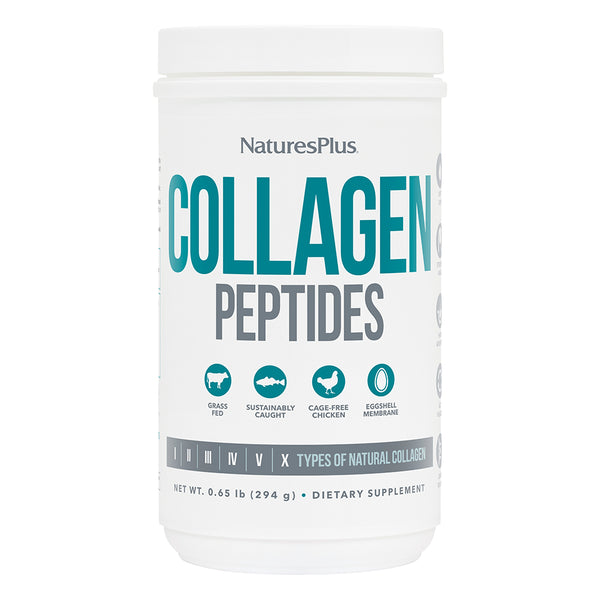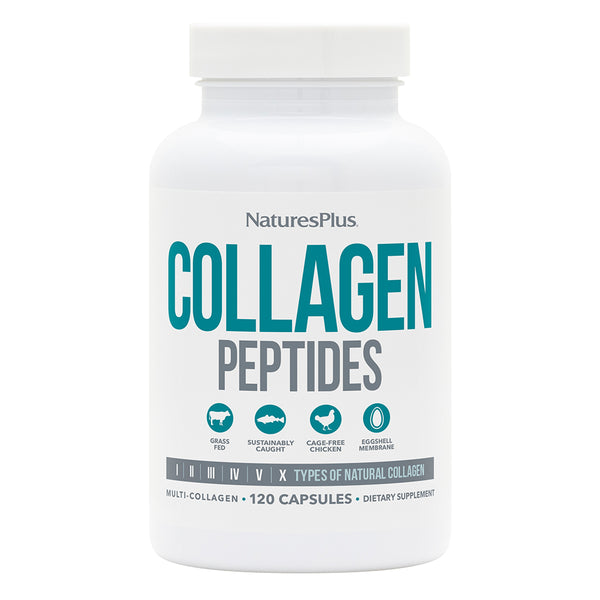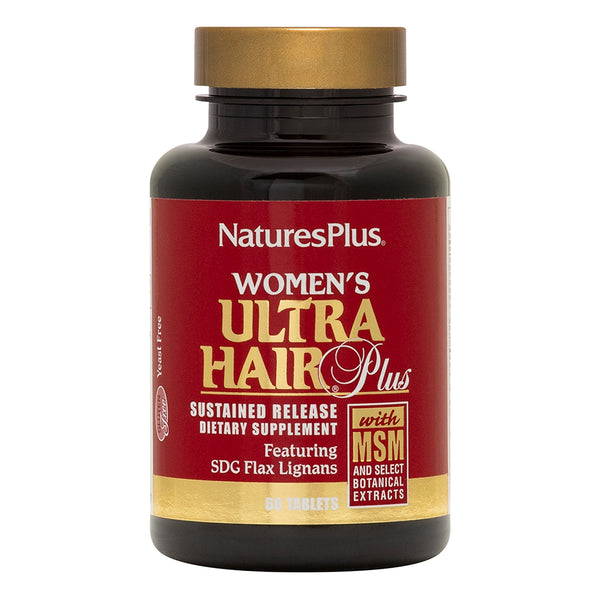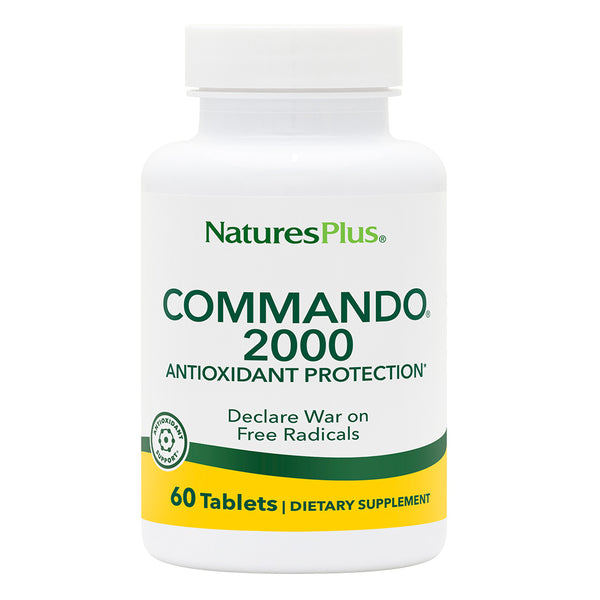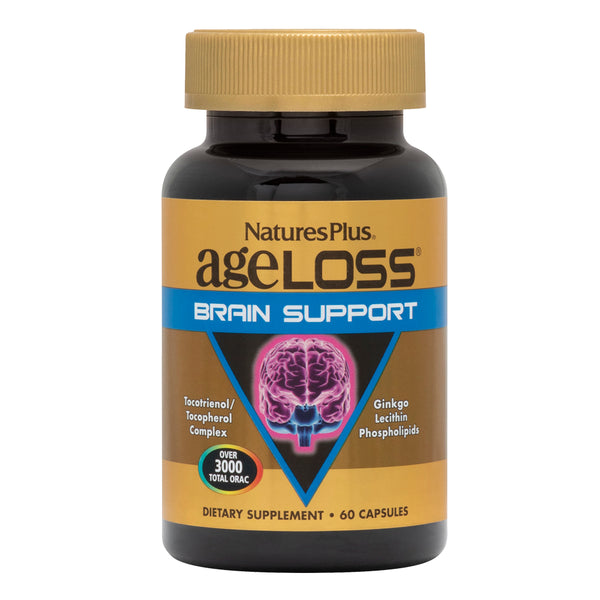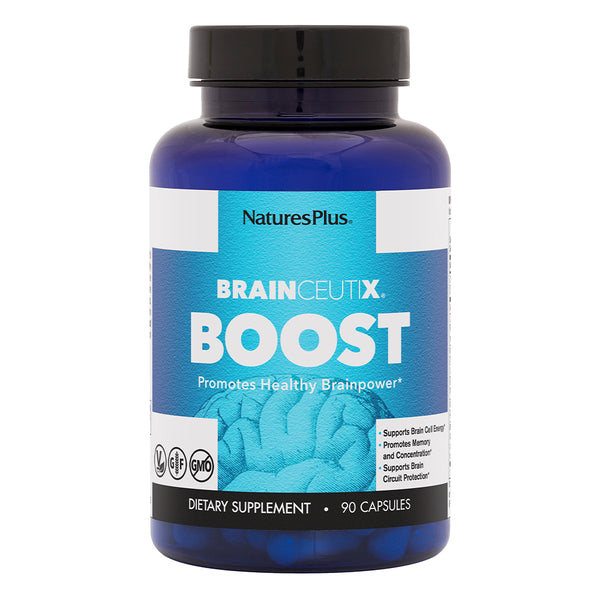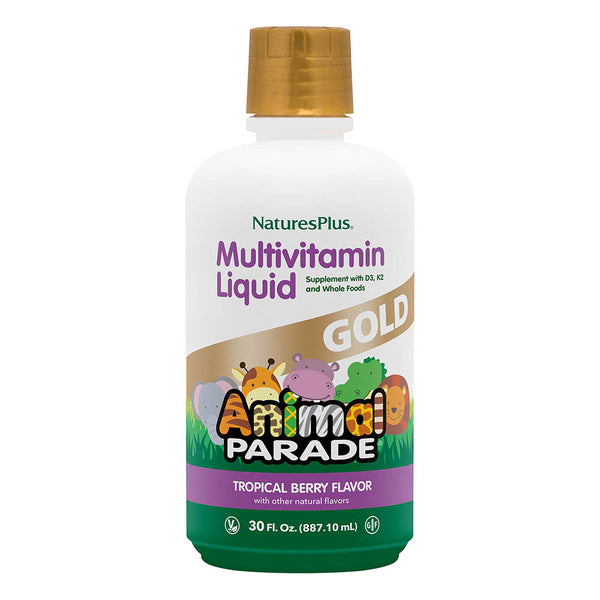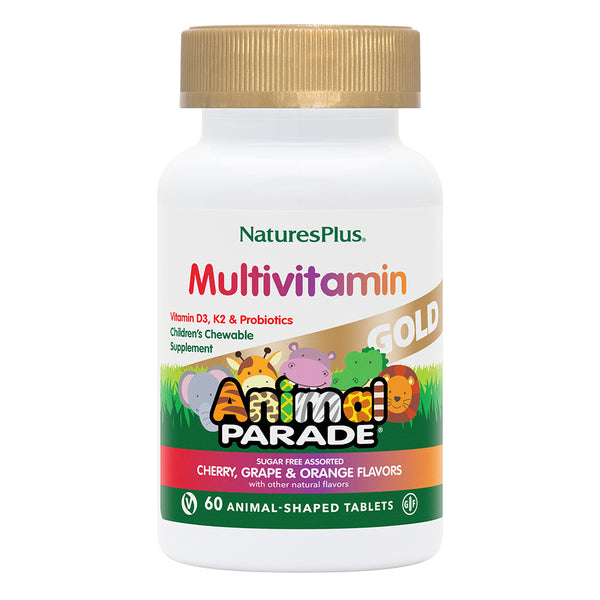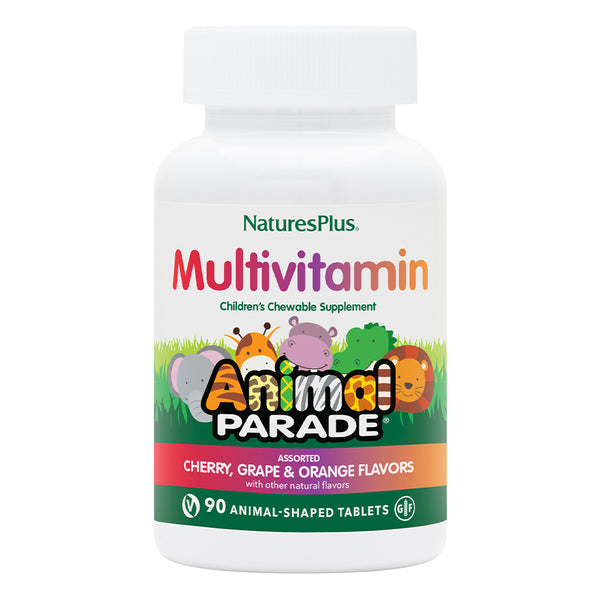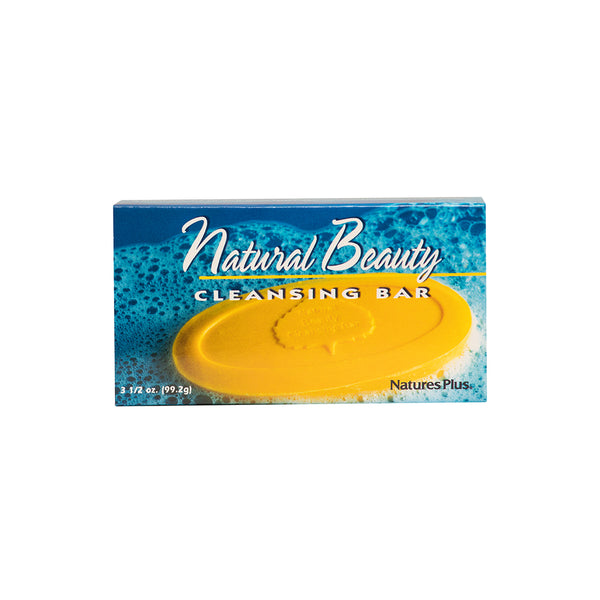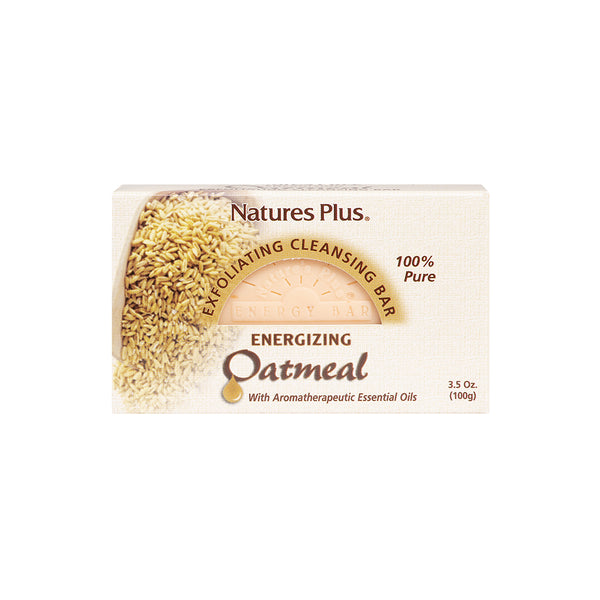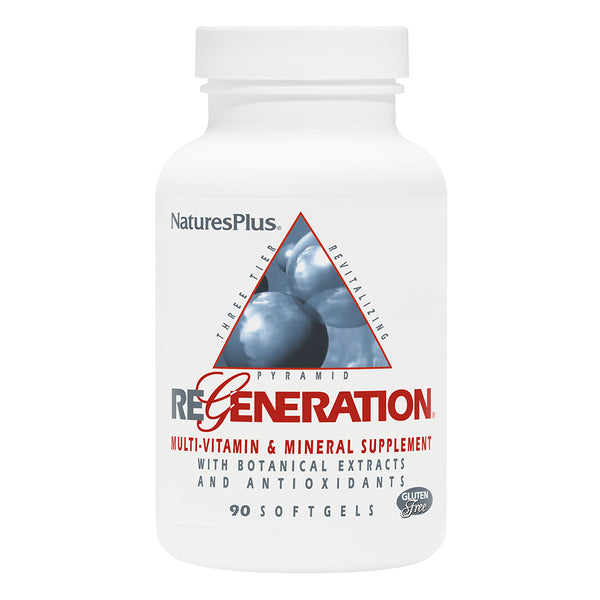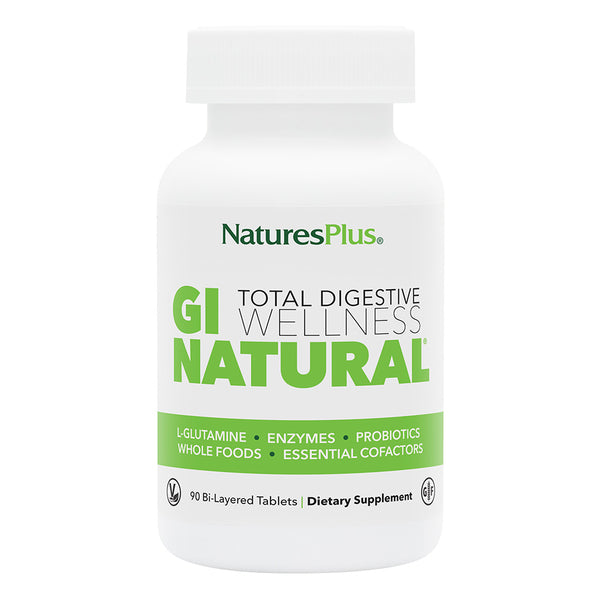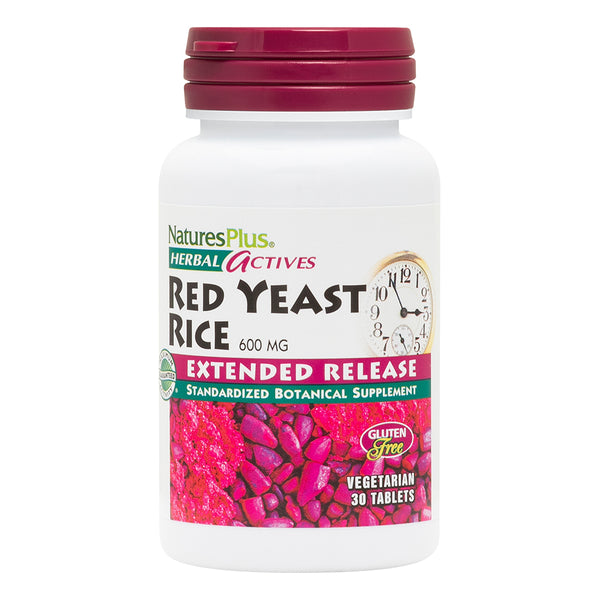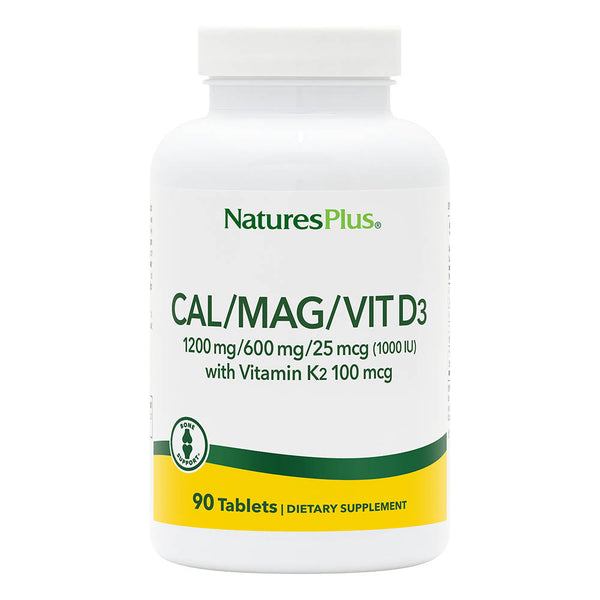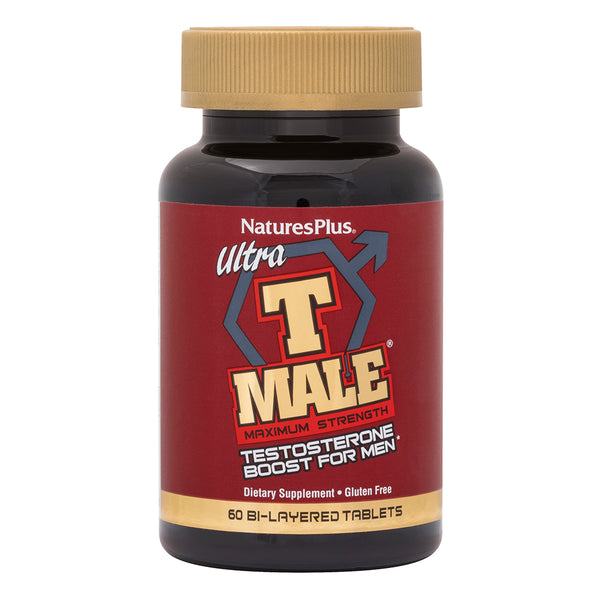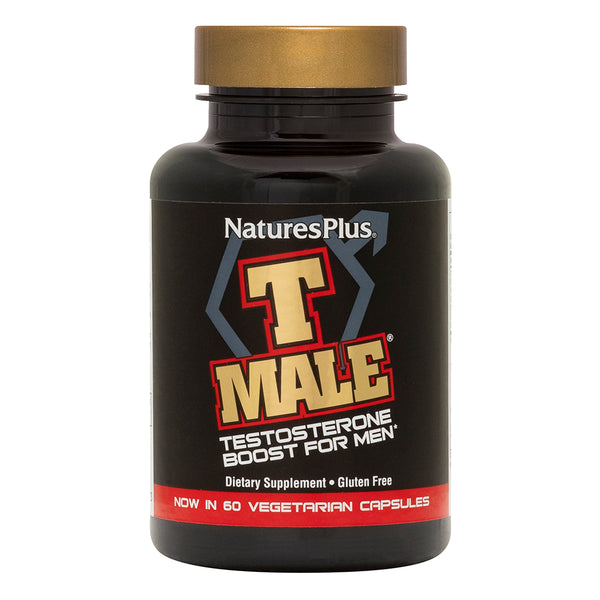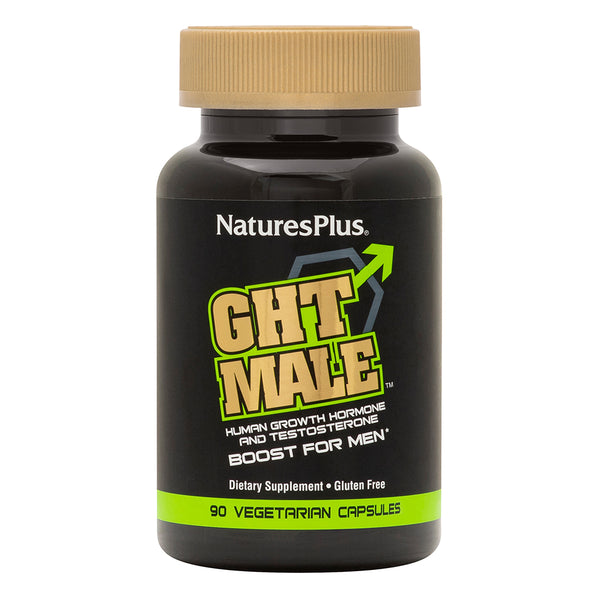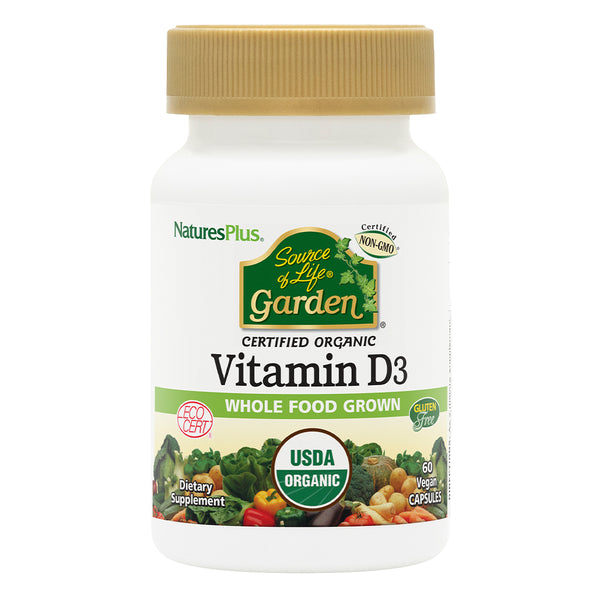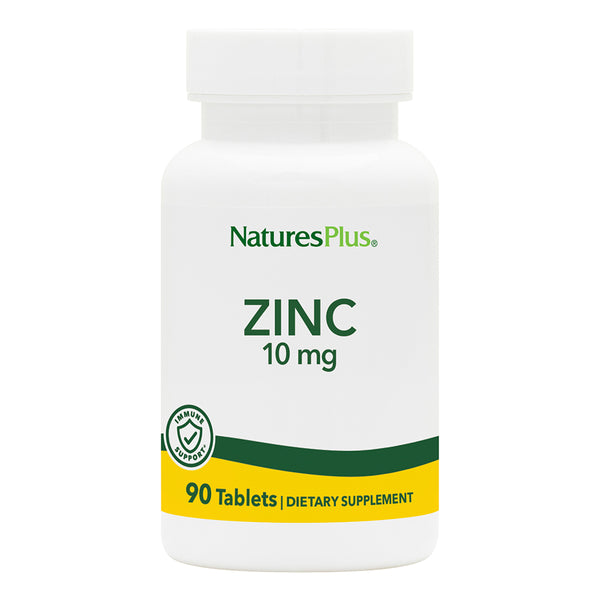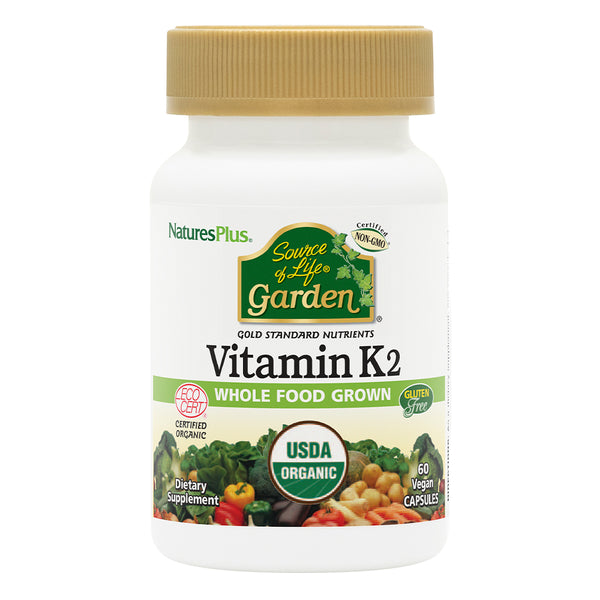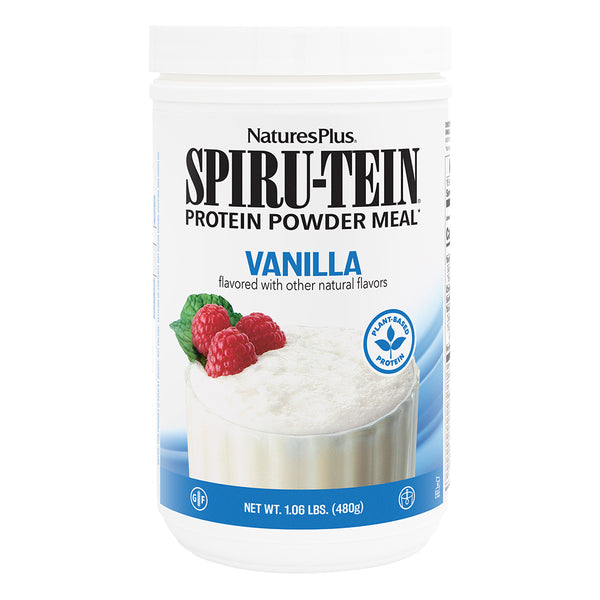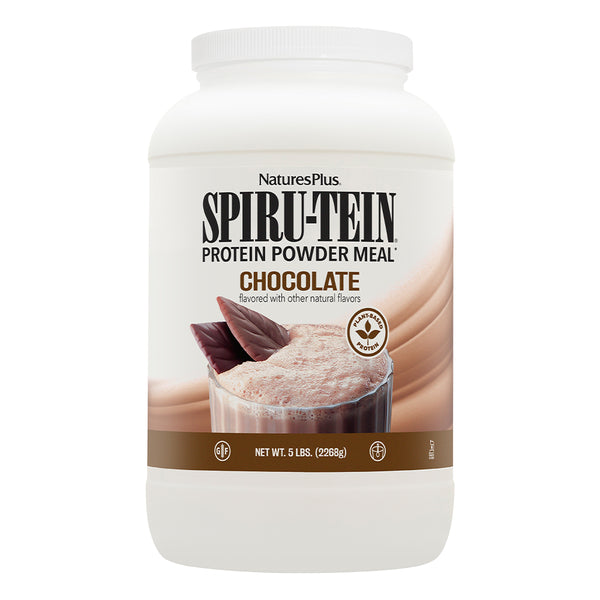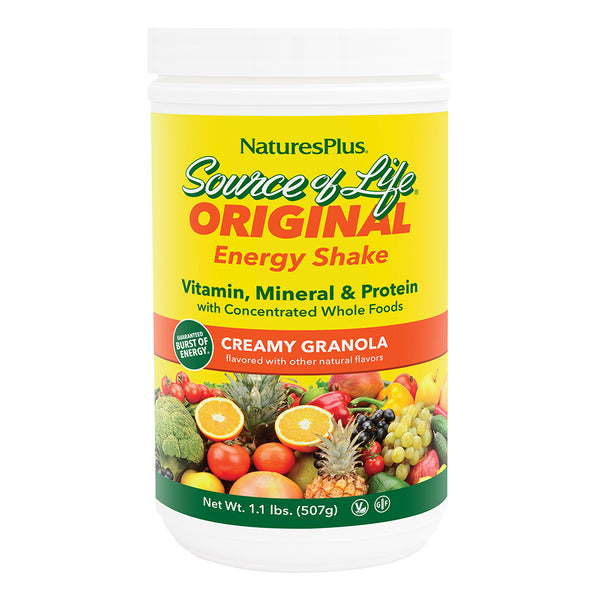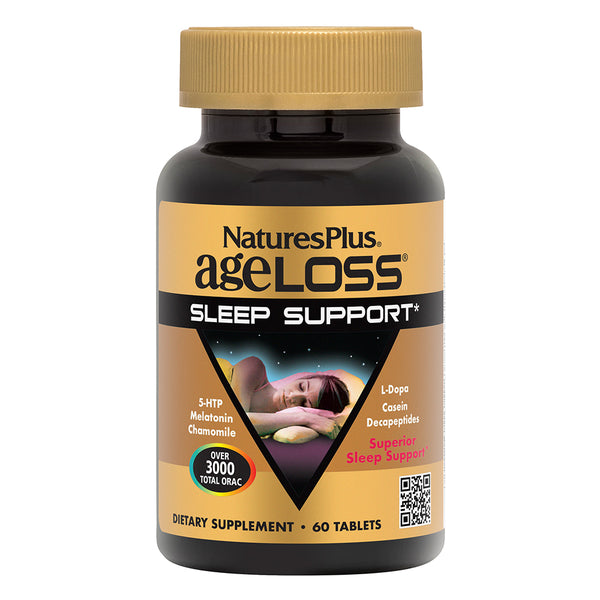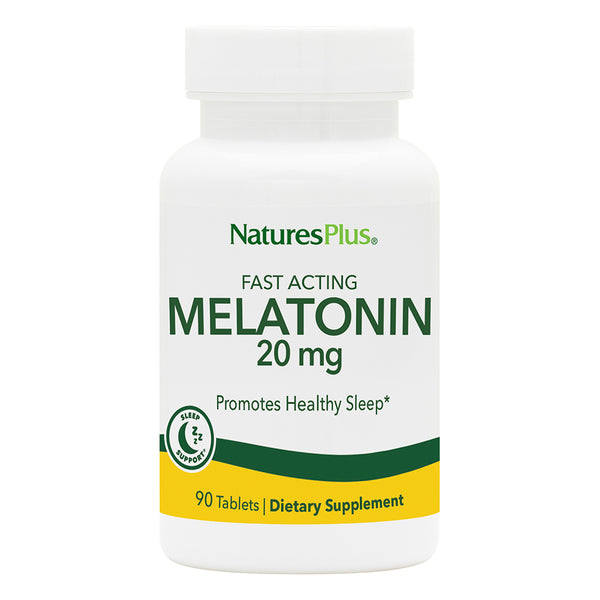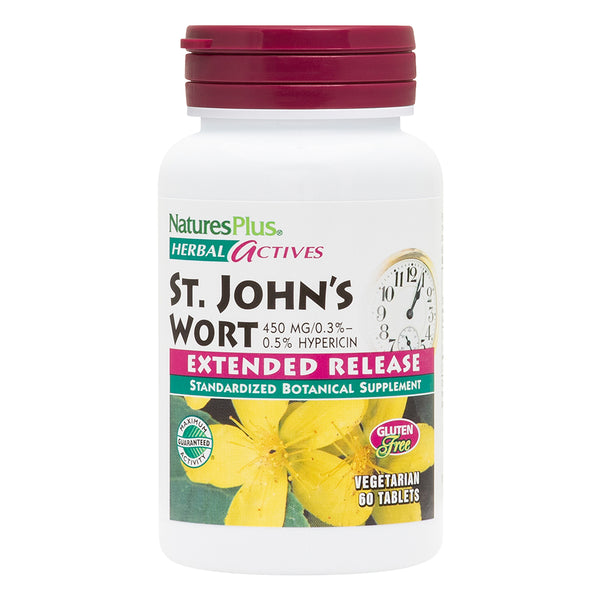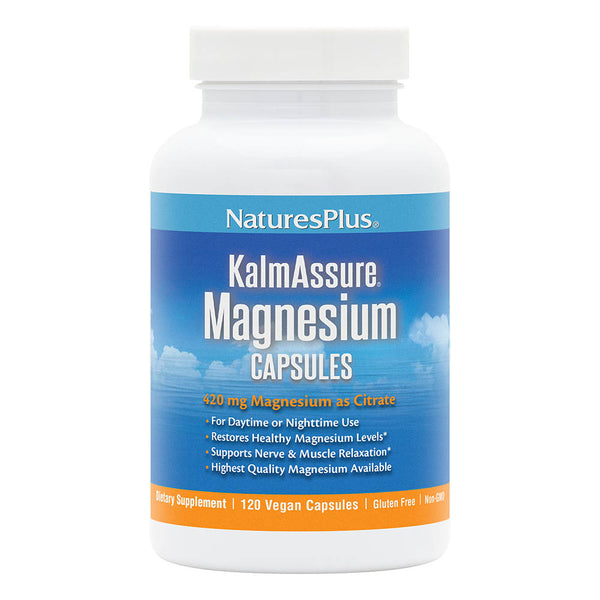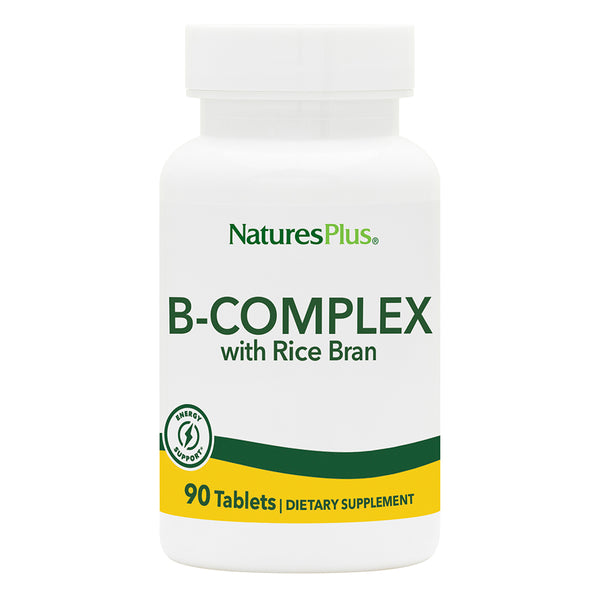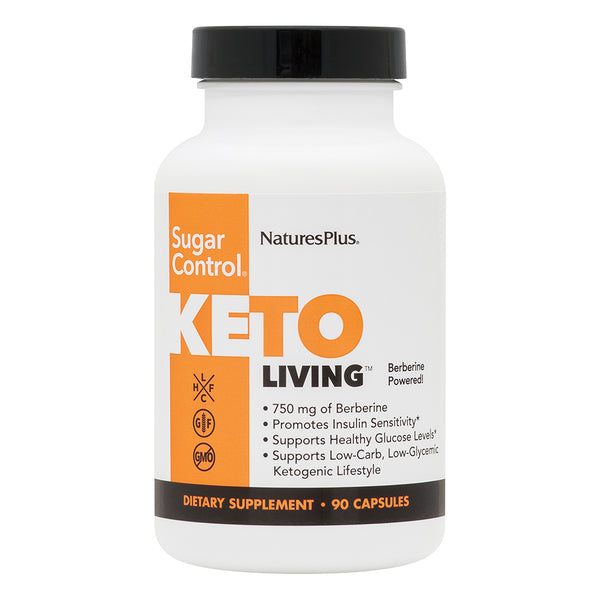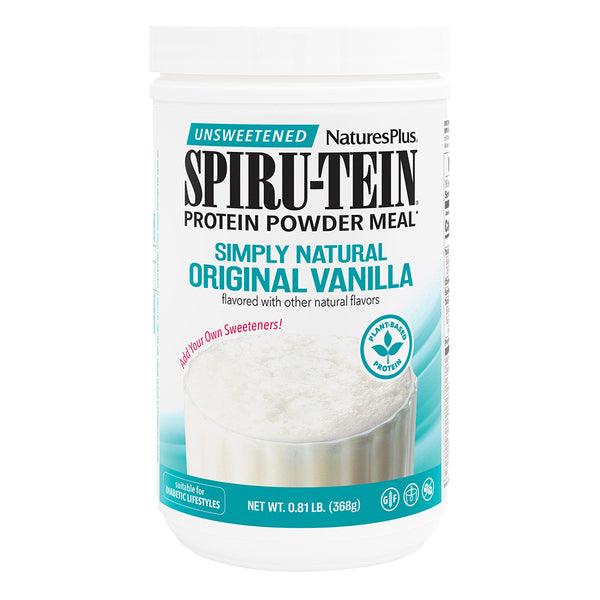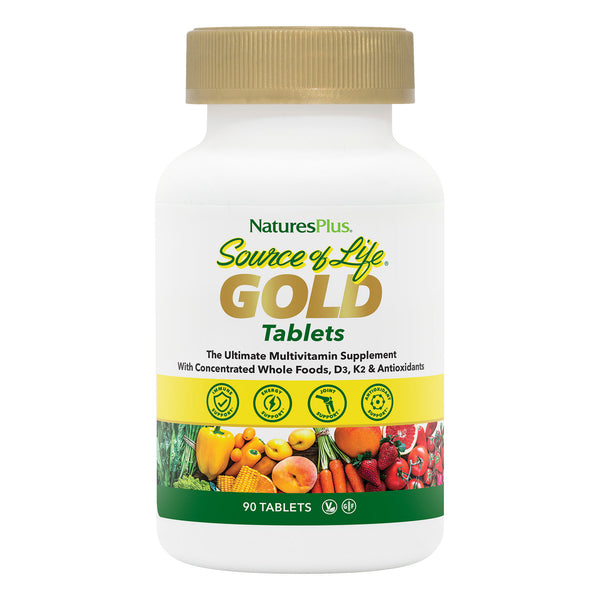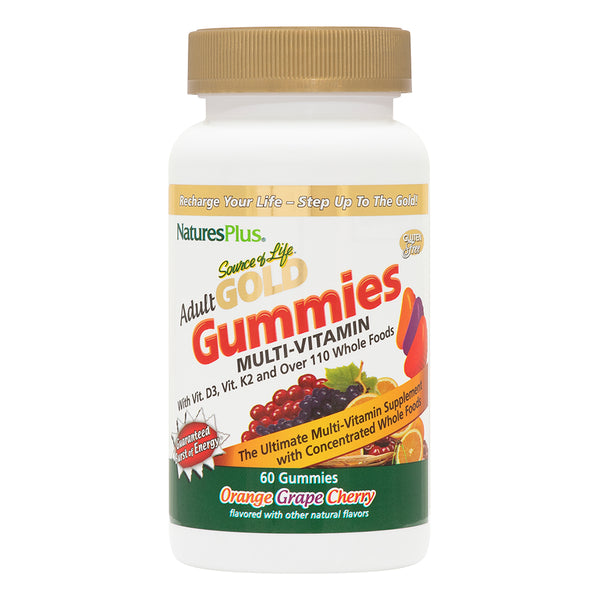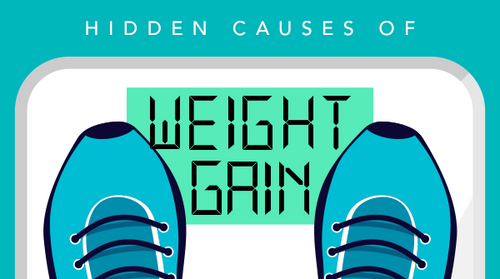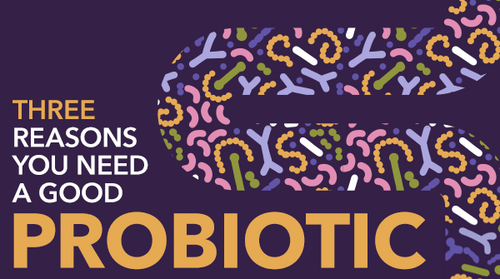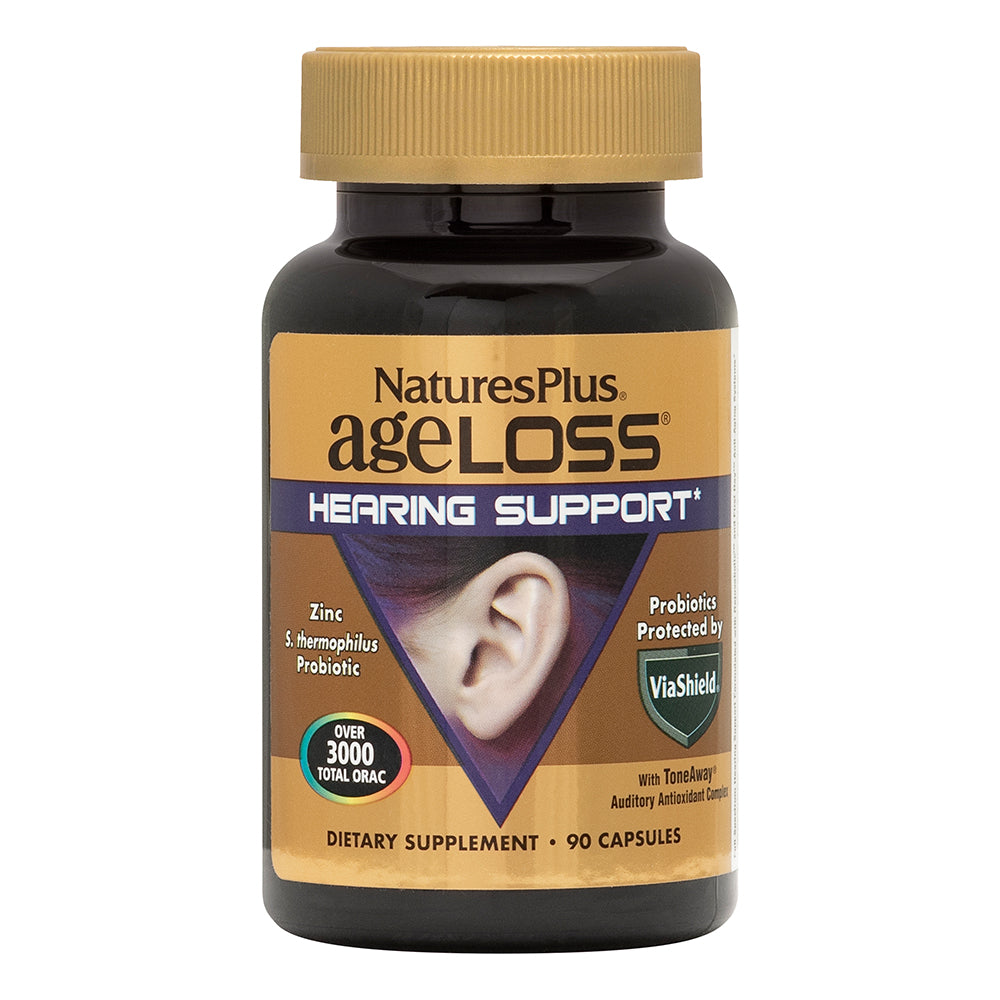Some people love to live life loud, whether they enjoy rock concerts or NASCAR race days. Too much of a good thing, however, can put hearing at risk.
Protecting your hearing starts with some standard health advice. Engage in heart-pumping cardio exercises, such as walking or cycling, to improve circulation within your ears. Stress has been linked totinnitus, or ringing in the ears; reducing your stress levels can only help. Like stress, cigarette smoke has been linked to hearing problems; if you smoke, quit.†The information provided is not an endorsement of any product, and is intended for educational purposes only. NaturesPlus does not provide medical advice and does not offer diagnosis of any conditions. Current research on this topic is not conclusive and further research may be needed in order to prove the benefits described. The conditions and symptoms described may be indicative of serious health problems, and therefore should be brought to the attention of a qualified healthcare practitioner.
Here are more specific ways to help forestall hearing loss.
Use Hearing Protection in Noisy Environments
Any situation in which you have to shout so someone standing next to you can hear your voice means you’re being subjected to hazardous levels of sound.
Using earmuffs or earplugs is the best way to protect your ears. Muffs, which go over the ears, are easy to fit, making them suitable for intermittent use, such as doing yard work.
Earplugs provide better protection for continuous noise, assuming they’re properly fitted. You can look for musicians’ earplugs, which are designed to lower volume levels without distorting sound, or have custom earplugs made through an audiologist. (While you’re at the audiologist’s office, have a baseline hearing test; this will give you and your practitioner a way of monitoring your future auditory health.)
Maintain Reasonable Volume Levels
It’s not enough to protect your ears against noise in the outside world: Avoid making excessive noise yourself.
“While you are watching TV or using mobile devices, keep the volume at a comfortable level,” advise the experts at Johns Hopkins Medicine. “It should be loud enough that you do not need to strain to hear, but not so loud that when you leave the room, you can still hear it from another part of your home.”
When using either earbuds or headphones, follow the 60/60 rule—listen at no more than 60% volume for no more than 60 minutes a day. And keep in mind that earbuds can be particularly problematic, since they sit right near the eardrum; as with earplugs, you can have them customized to the unique shape of your ear canal.
Let Your Ears Recover After Noise Exposure
If you’ve been exposed to loud noise, give your ears a break.
If you are in a noisy environment, try to find a quieter location for five minutes every so often. And after a noisy evening, spend the following day in a relatively quiet place if possible.
Dry Your Ears Properly (Hint: No Swabs)
Do you dry your ears with cotton swabs? For your ears’ sake, stop—using swabs may cause damage.
The best way to dry your ears is with a towel; if you can feel water in the ear canal, tilt your head and gently tug the lobe to encourage drainage. (If you swim often, invest in custom-fitted plugs.) If you have excessive wax in your ears, use a specialized ear wax removal solution for several nights; follow the package instructions.
Control Cardio Risk Factors
Do you suffer from conditions that increase your cardiovascular risk, such as high blood pressure or diabetes? Besides threatening your heart, these disorders come with a list of potential health consequences that, in both cases, include possible damage to your hearing. Work with your practitioner to keep your blood pressure and glucose levels in check.†The information provided is not an endorsement of any product, and is intended for educational purposes only. NaturesPlus does not provide medical advice and does not offer diagnosis of any conditions. Current research on this topic is not conclusive and further research may be needed in order to prove the benefits described. The conditions and symptoms described may be indicative of serious health problems, and therefore should be brought to the attention of a qualified healthcare practitioner.
†The information provided is not an endorsement of any product, and is intended for educational purposes only. NaturesPlus does not provide medical advice and does not offer diagnosis of any conditions. Current research on this topic is not conclusive and further research may be needed in order to prove the benefits described. The conditions and symptoms described may be indicative of serious health problems, and therefore should be brought to the attention of a qualified healthcare practitioner.The information provided is not an endorsement of any product, and is intended for educational purposes only. NaturesPlus does not provide medical advice and does not offer diagnosis of any conditions. Current research on this topic is not conclusive and further research may be needed in order to prove the benefits described.
The conditions and symptoms described may be indicative of serious health problems, and therefore should be brought to the attention of a qualified healthcare practitioner.
Like this article? You’ll love our weekly newsletter
sign up here!
**These statements have not been evaluated by the Food and Drug Administration. This product is not intended to diagnose, treat, cure or prevent any disease.
